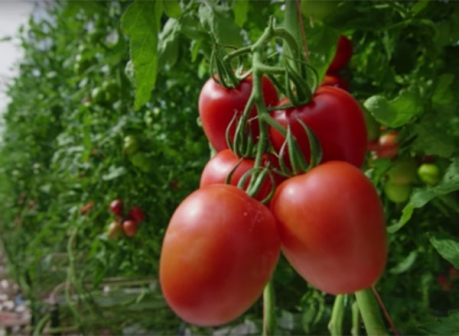×
The Standard e-Paper
Kenya’s Boldest Voice

Dutchman Ferdi van Elswijk has fond memories of the summer of 1987, when he was 11 years old and working part-time in his uncle’s 1.9-hectare commercial greenhouse, filling dispensers with sugar water to feed bumblebees who were helping to pollinate tomato plants.